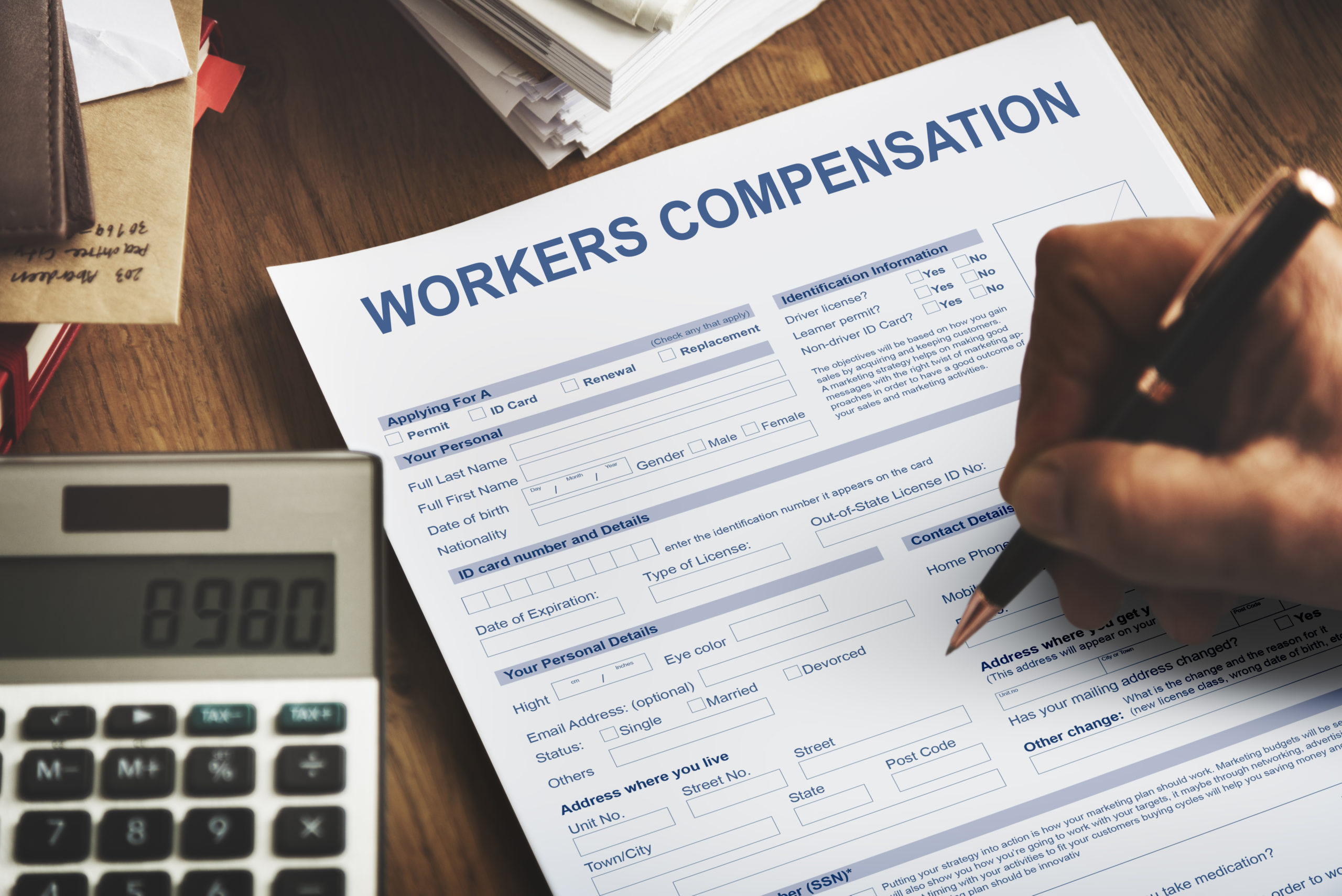What Rights Does a Minor Have When Injured at Work in New Jersey?
Minors in the New Jersey workforce are covered by New Jersey workers’ compensation laws, but they are also subject to additional rights and protections.
If the employer violates child labor laws, the employer is responsible for paying permanent disability benefits and/or dependency benefits—not the insurance carrier. This extra compensation is double the normal benefit payable through the schedule of workers’ compensation benefits.
In addition, minors are not subject to the same restrictions about filing civil lawsuits for negligent actions. In exchange for the guaranteed benefits provided by workers’ compensation, adult workers give up their right to file a civil lawsuit against the employer (in the vast majority of circumstances). However, minors are able to recover compensation through the workers’ compensation program or through a civil lawsuit. (Keep in mind, however, that if a minor worker pursues a personal injury claim under regular liability laws, he or she will not also be able to recover for permanent disability through workers’ compensation.)
New Jersey Child Labor Laws
Child labor laws are complex, and as a minor in New Jersey, it is important to know what kinds of work you can do and how old you must be to hold the job. Here is a quick overview of the child labor restrictions in New Jersey:
- Theatrical work: There is no minimum age requirement to work on a theatrical production (including stage, motion pictures, and TV performances and rehearsals), but minors under 16 must be accompanied at all times by a parent, guardian, or adult representative of employer. Minors under 16 are not allowed to spend more than 8 hours per day on school and work combined, and 16 or 17-year-olds cannot work more than 8 hours per day or 40 hours per work. Theater workers must have a Special Theatrical Permit (under 16) or Employment Certificate (16 and 17-year-olds).
- Agriculture: There are no restrictions on work performed outside school hours in connection with the minor’s own home and directly for the parent or legal guardian. Agricultural workers between 12 and 15 years old must have a Special Agricultural Permit.
- Newspaper carriers: Minors must be 11 years old to deliver, solicit, sell, or collect for newspapers. The combine hours of school and work must not exceed 8 hours per day or 40 hours per week. Workers must have an Employment Certificate (16 or 17 years old) or Special Newspaper Carrier Permit (11-15 years old).
- Street trades: Minors must be 14 to sell, offer, solicit, collect for, display, or distribute any goods or services on a public street or between houses. Hours of work may not exceed 3 hours per day and 18 hours per week when school is in session or 8 hours per day and 40 hours per week during school vacations. Workers must have an Employment Certificate.
General employment: Minors must be at least 14 years old to work in mercantile establishments, golf caddying, private bowling alleys, offices, gas stations, garages, or other places of gainful occupation. Employees must have an Employment Certificate.

















